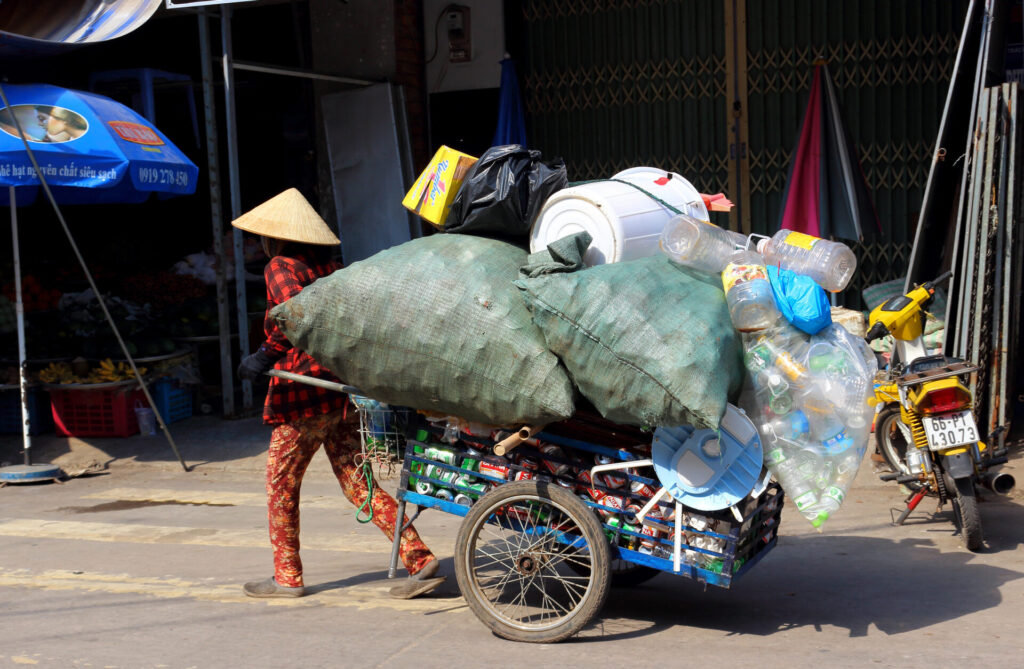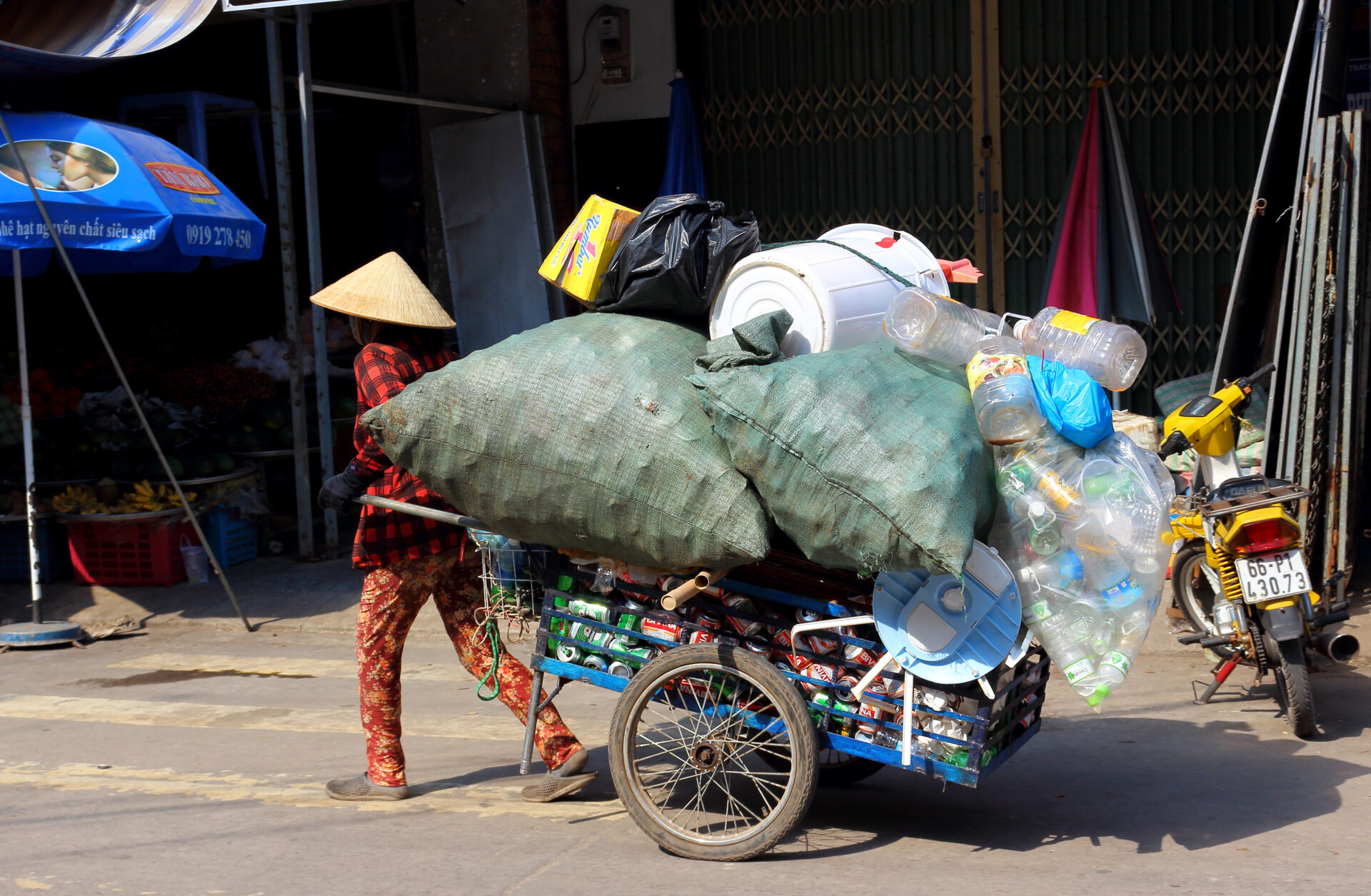The Authors are: Tho Dinh Nguyen, Dung Thanh Mai, Manh Van Lai, Thong The Nguyen*, Huyen Anh Pham, Huyen Thi Thanh Nguyen, Nga Thi Thanh Do, Hanh Trong Nguyen, and Linh Duc Vu from the Institute of Strategy on Natural Resources and Environment (ISPONRE), Ministry of Natural Resources and Environment (MONRE); Karla Cervantes Barron and Jonathan M. Cullen from the University of Cambridge (and CCG); Thanh Cong Nguyen, Nam Hoang Nguyen from the National Economics University, and Khoa Minh Nguyen from the EPR office, MONRE.

Vietnam has been making significant strides to strengthen its environmental regulations and introduce circular economy (CE) measures. The packaging sector is considered a top priority for the development and implementation of CE initiatives due to its substantial economic significance and resource consumption. With over 14,000 enterprises, the sector consumes millions of tonnes of various materials annually.
However, the sector faces several challenges, including unreliable and out of date resource use data, compounded by the dominance of informal labour in the recycling industry. To address these challenges, this policy brief collects insights from industry experts and lifecycle data to map material flows within Vietnam’s packaging sector. Four packaging industries are studied: plastic, paper, glass and aluminium. For each sector, six CE indicators are evaluated to benchmark industries and identify areas of improvement.
The research findings provide quantitative evidence to support the development of suitable policy solutions for the next phase of Vietnam’s transition to a CE within the packaging industry. In particular, the research has contributed to the National Action Plan on the Circular Economy (NAPCE) which was published in January 2025.
Based on the Material Flow Analysis results, the circular economy (CE) indicators for 2023 reveal that the aluminium can sector in Vietnam is operating effectively in accordance with the principles of the circular economy, as it scored highest for all calculated indicators of the packaging sectors studied. Conversely, the plastic, paper, and glass packaging industries require more supportive policies and solutions to enhance the effectiveness of CE practices.
The informal sector is heavily involved in waste collection and recycling. Policies can aim to support the formalisation of the sector and establish collaborative collection mechanisms so economic benefits from CE policies can reach informal operations. This may increase Gender Equality and Social Inclusion since the
informal sector has higher representation of marginalised groups.
The findings of this study have made a significant contribution to the development of the National Action Plan on the Circular Economy (NAPCE) in Vietnam—an essential document aimed at promoting the advancement of the CE in the country, which was issued in early 2025. Overarching recommendations involve
supporting innovation, improving data practices, coordinating technical data collection and analysis with relevant stakeholder groups, setting guidelines, and improving the legislative framework for CE among industries.
You can read the full Policy Brief here.
Karla Cervantes Barron of the Author team comments: “This project has been very rewarding to work on. First of all, the core project team in Vietnam consisting of Thong The Nguyen, Dr Manh Van Lai, Dr Thanh Cong Nguyen, Khoa Minh Nguyen, and Dr Nam Hoang Nguyen have all worked extremely hard and made sure that the connection between the research and Vietnamese policies was done. In particular, the findings of this study have made a significant contribution to the development of the National Action Plan on the Circular Economy (NAPCE) in Vietnam published earlier this year.
“This work presented an analysis of four packaging sectors and their circularity. It was a good way to reconcile policy expectations and available data for the country. It was useful to understand that aluminium can recycling in Vietnam is working within circular economy principles. It would be good to see the plastic, paper, and glass packaging industries become more resource efficient over time through more supportive policies and initiatives.
“Overall, the work highlighted that waste collection, which has a high share of informal workers, could be made more effective through policies to formalise it and allow it to formally participate in national recycling initiatives. This would create economic benefits and could increase Gender Equality and Social Inclusion.”

